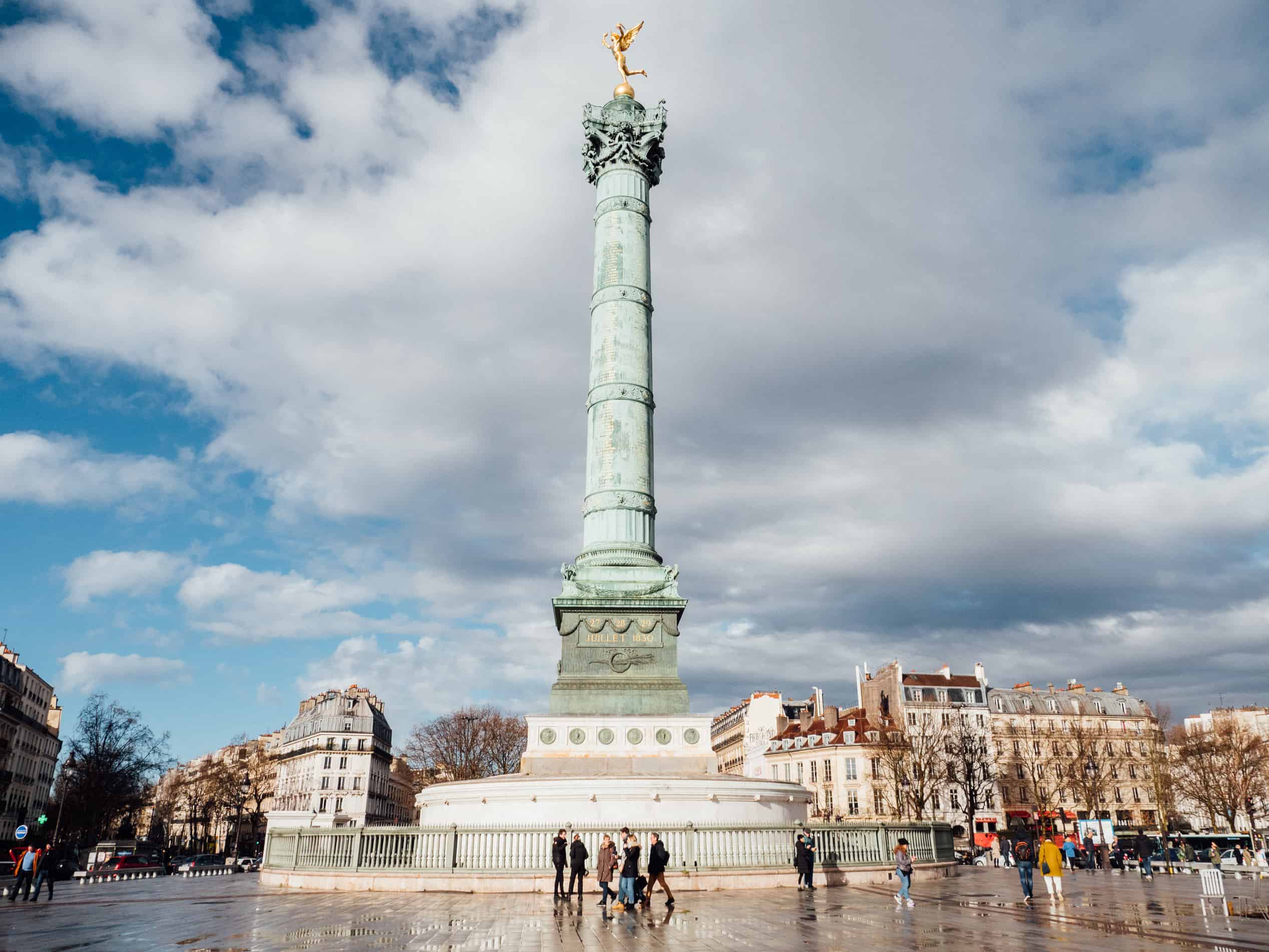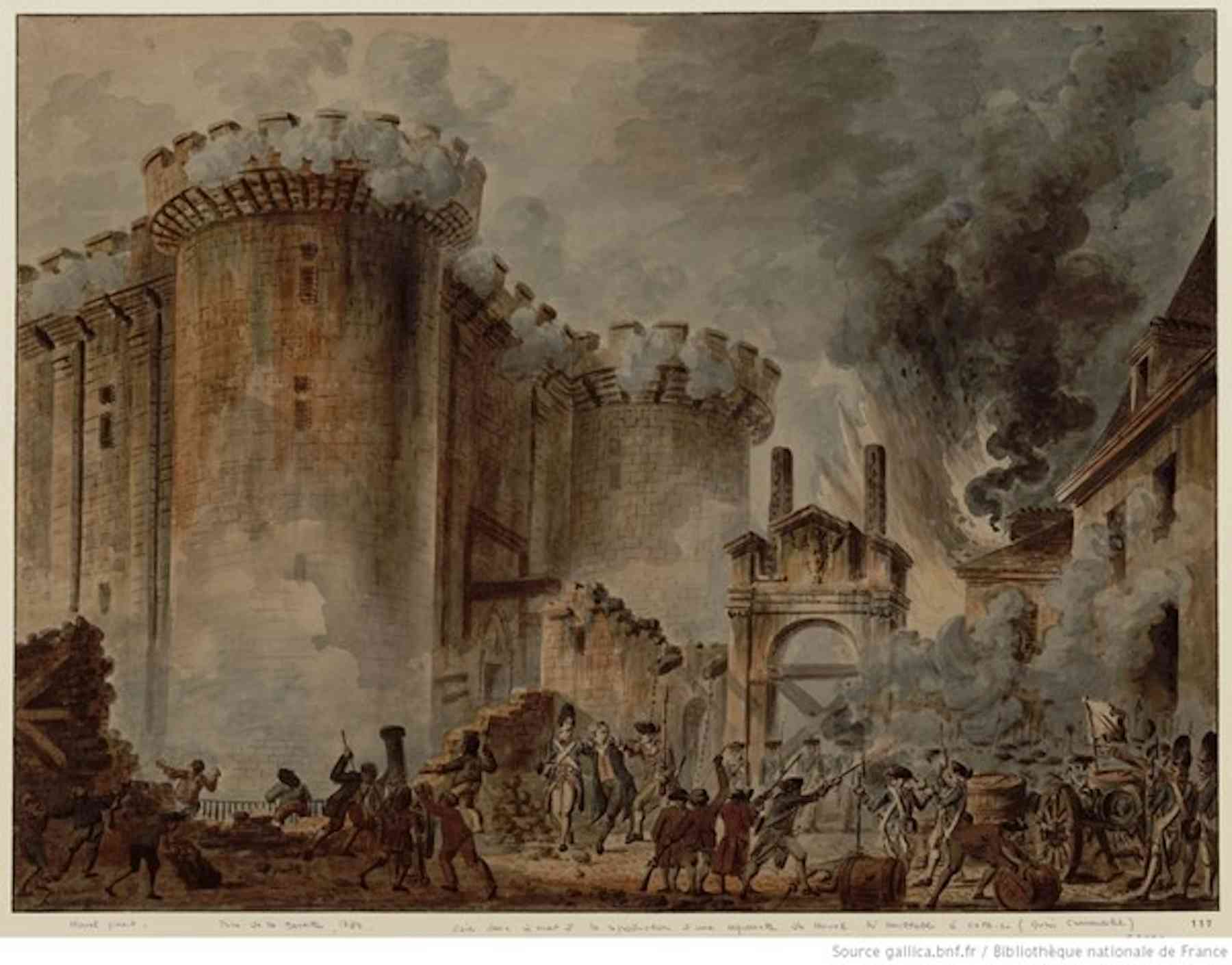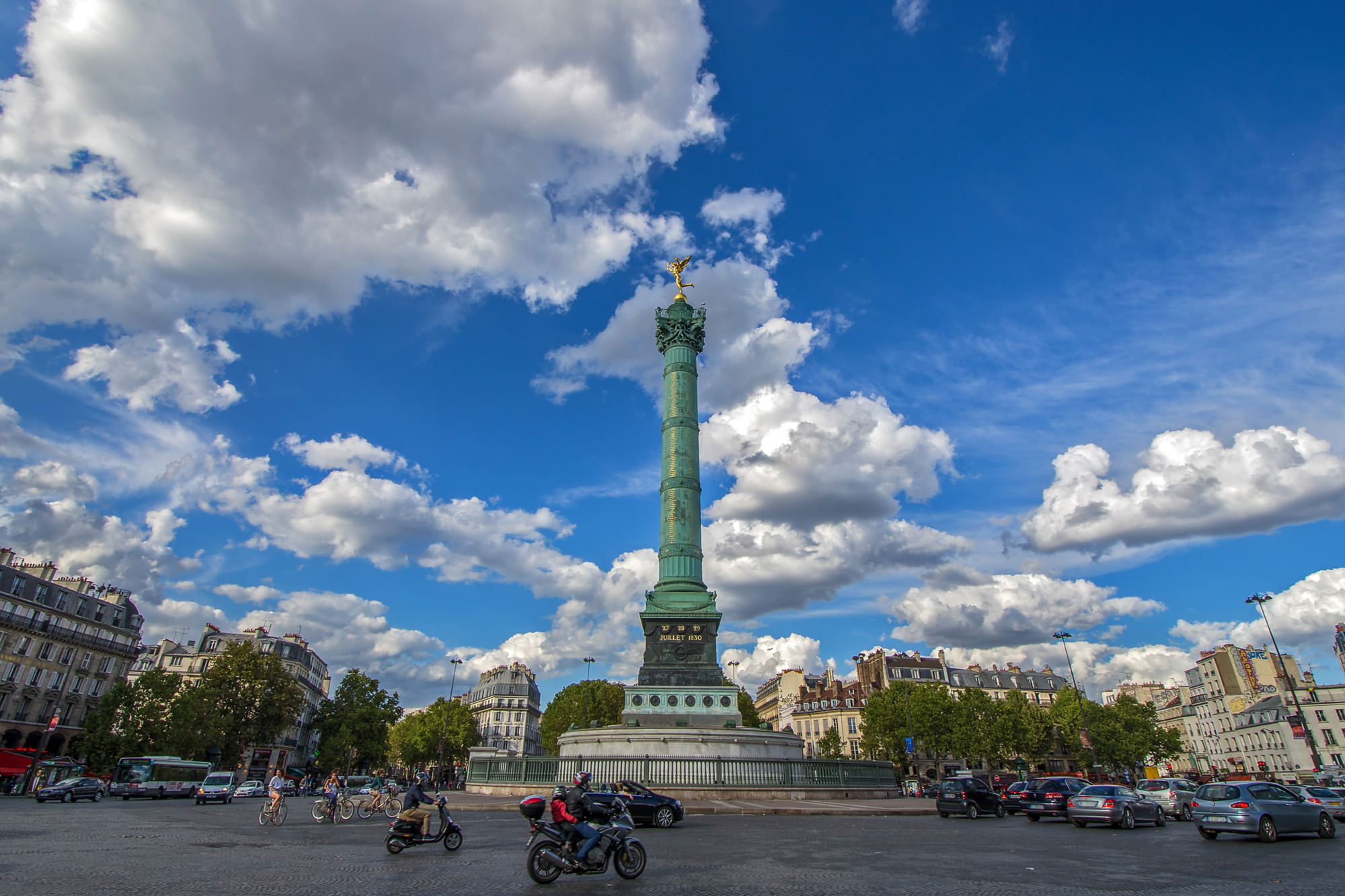Unveiling The History Of The Bastille: From Fortress To Revolution & Beyond!
Could a single day in 1789 truly reshape the course of history? The storming of the Bastille, a medieval fortress turned prison in Paris, stands as a resounding "yes," a pivotal moment that ignited the French Revolution and irrevocably altered the political landscape of Europe.
The Bastille, a formidable structure built in the 14th century, had evolved from a fortress into a state prison, a potent symbol of royal authority and, to many, of the oppression of the Bourbon monarchy. By the late 1780s, France was teetering on the brink of collapse. Years of extravagant spending, heavy involvement in the American War of Independence, tax evasion, and widespread corruption amongst the elite, had led to economic hardship and social unrest. The population was burdened by high taxes, while the privileged classes enjoyed opulent lifestyles. The seeds of revolution were sown in the fertile ground of discontent.
On July 14, 1789, amidst growing fears that King Louis XVI was about to arrest members of the newly constituted National Assembly, a crowd of Parisians, fueled by desperation and a thirst for liberty, marched upon the Bastille. This event, known as the "Storming of the Bastille," was not a strategic military operation. The fortress, which housed only seven prisoners at the time, was primarily chosen for its strategic location and, crucially, its stores of gunpowder and ammunition. Yet, the symbolic weight of the action far outweighed its practical significance.
The attack, a chaotic and bloody affair, saw the Parisians, armed with whatever they could find from crude weapons to seized muskets clash with the guards, many of whom were Swiss mercenaries. The battle was fierce, but after several hours, the Bastille fell. The governor, Bernard-Ren de Launay, was captured and killed, his head paraded through the streets. This act of defiance sent shockwaves throughout France, emboldening the revolutionary spirit and signaling the beginning of the end for the ancien rgime.
The fall of the Bastille was more than just the capture of a building. It was a powerful demonstration of the peoples will, a physical manifestation of the desire for change. It galvanized the revolutionary movement, spreading like wildfire across France. The event served as a catalyst, igniting a period of intense political and social upheaval that would transform France and reverberate across the globe. This watershed moment is commemorated annually on Bastille Day, a national holiday in France that includes military parades, fireworks, and public festivities, as a poignant reminder of the countrys revolutionary origins.
The events surrounding the Bastille are intertwined with the history of Paris itself. The area surrounding the former fortress has evolved dramatically over the centuries. In the early 1980s, the Paris City Council decided to restore the area, transforming the vaults into spaces for arts and crafts. Today, the Bastille district remains a vibrant and dynamic part of Paris. It's a testament to the enduring legacy of the French Revolution. The district is home to the Opra Bastille, a modern opera house, and numerous theaters, cafes, and restaurants. The area also offers a glimpse into history; the remnants of the Bastille can still be seen in the Place de la Bastille.
The name "Bastille" itself has found use in various contexts. Bastille is also a word associated with software development and secure production internet services, a name chosen for a variety of innovative, tech-oriented projects.
For those seeking specialized solutions, the Bastille also offers solutions for various types of needs. The name is linked to specific financial services, emphasizing the flexibility of this name's appeal.
It's easy to see the lasting impact of the events of July 14, 1789. The storming of the Bastille has inspired countless works of art, literature, and music. The event remains a potent symbol of the fight for liberty and the power of the people to overthrow tyranny. It underscores the importance of fighting for ideals.
The storming of the Bastille, and the ideals it embodies, continues to resonate, proving that a single day, a single act of defiance, can change the world.
Bastille, the English indie pop band formed in 2010, also bears the name, using it as a creative inspiration. The band, initially a solo project by lead vocalist Dan Smith, expanded to include Kyle Simmons, Will Farquarson, and Chris Woody Wood.
| Event | Description | Significance |
|---|---|---|
| Storming of the Bastille | On July 14, 1789, Parisians stormed the Bastille, a medieval fortress used as a prison. | Marked the beginning of the French Revolution and became a symbol of resistance against tyranny. |
| Context | France was facing economic hardship and social unrest, with the populace burdened by heavy taxes and the privileged classes enjoying opulent lifestyles. | Highlighted the deep-seated inequalities and grievances within French society. |
| Outcomes | The capture of the Bastille emboldened the revolutionary spirit, sparking widespread change throughout France. | Signified a turning point in French history. |
| Bastille Day | A national holiday in France, observed annually on July 14. | Commemorates the storming of the Bastille and the birth of the modern French nation. |
| Cultural Impact | The events surrounding the Bastille have inspired numerous works of art, literature, and music, including the English indie pop band Bastille. | Demonstrates the enduring impact of the French Revolution on global culture. |
For more information, visit Britannica.com


